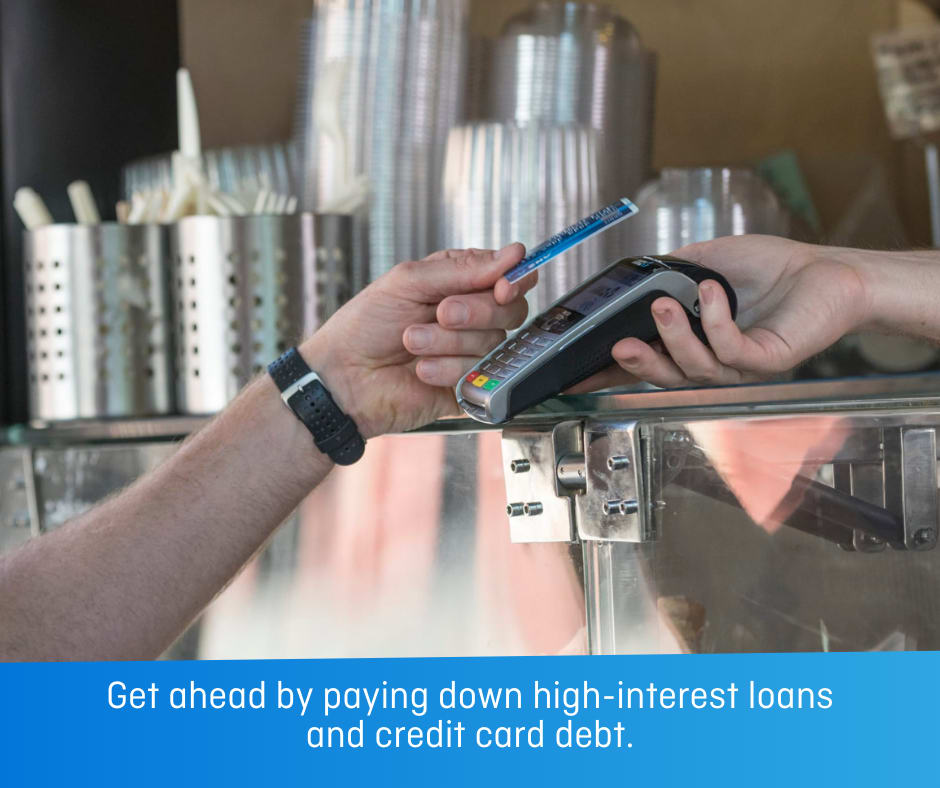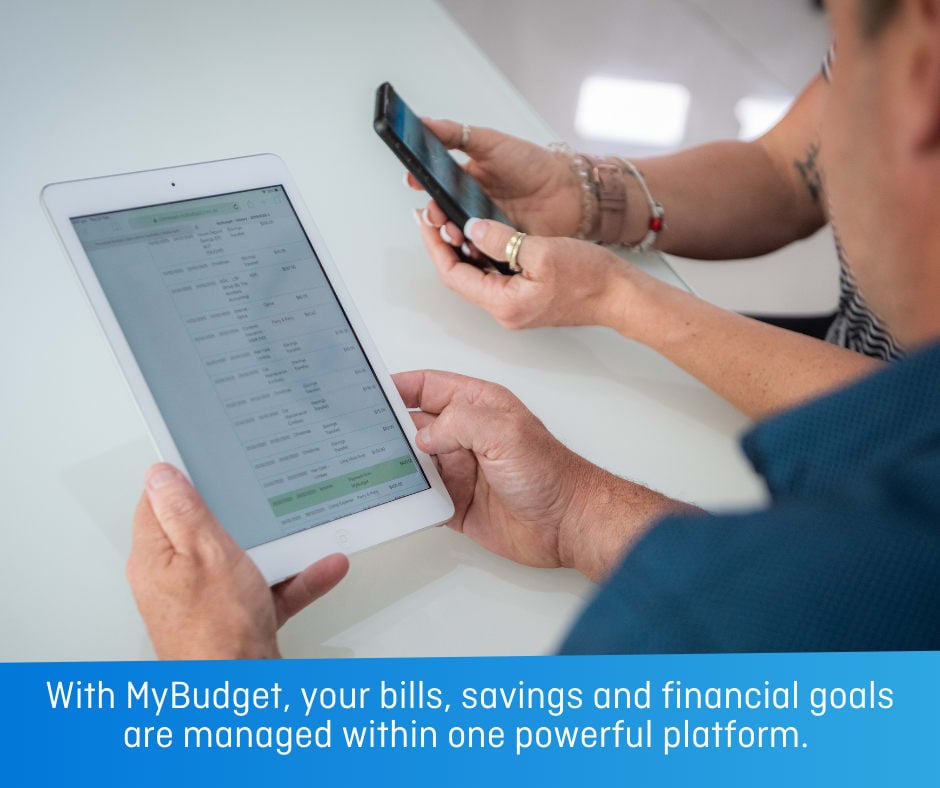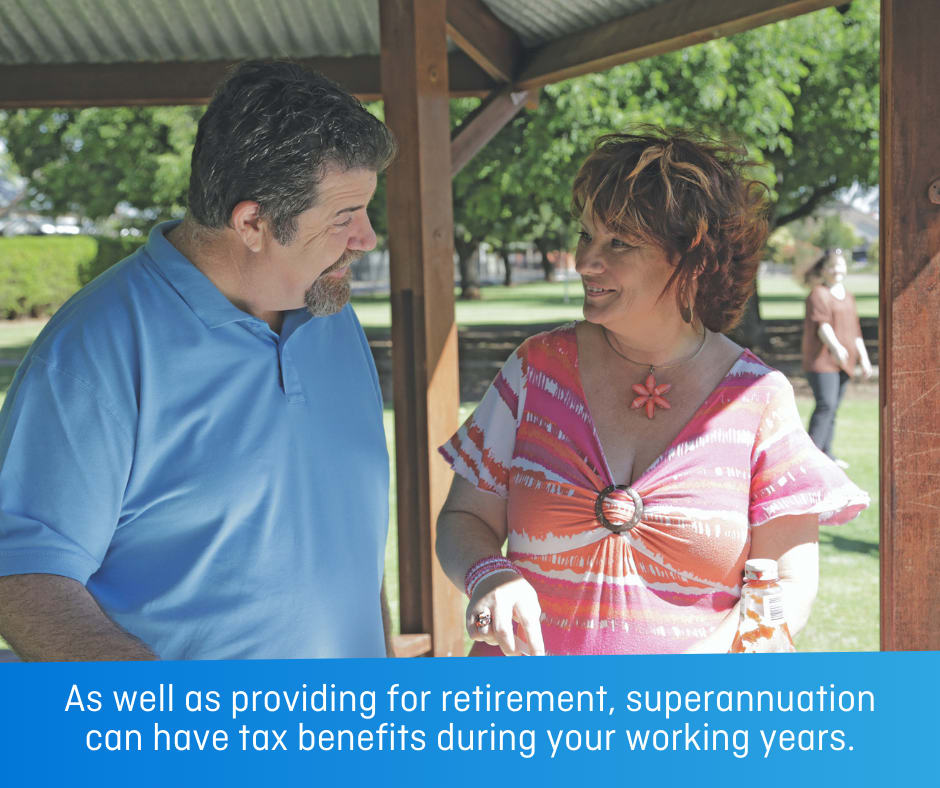What’s the best way to utilise your tax return?
Are you one of the many Australian taxpayers who receive a tax return every year? If so, you might be wondering what the best way to utilise that money is. While it may be tempting to splurge on a vacation or new gadget, there are smarter ways to use that tax money to benefit your financial future. Depending on the source, the average tax refund for an individual tends to fall around the $2,800 mark. That’s a lot of money when you consider its buying power.
In this article, we’ll explore some of the best ways to utilise your tax return, from paying off debt to investing in the stock market. By considering your individual financial goals and needs, you can make the most of this extra cash and set yourself up for a more secure financial future. So, let’s dive in and discover how to make your tax return work for you.
Consider paying off debt
One of the smartest ways to utilise your tax return is to pay off any outstanding interest-bearing debt you may have. This includes credit card debt, personal loans, etc. By paying off debt, you can reduce the amount of interest you’ll pay over time and improve your credit score. For the biggest overall interest savings, you could consider the avalanche method by starting with the debt with the highest interest rate and work your way down. Or you can use the snowball method and pay off the debt with the smallest balance (as opposed to focusing on high-interest debt) and then move those payments over to the next lowest balance (and so on). Using your tax return to make a significant payment towards your personal loans and other debt can provide a huge boost in your debt reduction strategy.
Consider this: To pay off the average credit card balance of approximately $3,000 by making only minimum repayments (approximately 2.5% of the closing balance), it would take you over five and a half years and almost $2,000 in interest charges (ouch).
But if you were to pay a lump sum off your balance equal to the average tax refund ($2800), you would be almost done and saving over $1,500! Wow. That’s because paying off your credit card balance is the equivalent of earning interest on your savings at an interest rate of 18 to 19% per annum, depending on the card’s interest rate. One of the best ways to utilise your tax return is to pay off your debts, which also brings us to our next point.

Pay it off your mortgage
Paying extra toward your mortgage is another great way to utilise your tax refund money. By paying extra towards your home loan with a once-off direct deposit, you can reduce the amount of interest you pay over its lifespan. This can save you thousands of dollars in the long run. Additionally, paying off your mortgage faster will also give you the peace of mind of owning your home outright sooner. Although, just make sure to check with your real estate mortgage lender to see if there are any pre-payment penalties before making extra payments.
Imagine we told you that you could double this year’s average refund over the life of your mortgage. Well, you can! On a 30-year $500,000 mortgage at 6.12% per annum (average variable interest rate at 1 May 2023), making a single lump sum payment of $3,000 five years into the loan could save you around $10,500 and four months over the life of the loan.
Another way to look at it is that if you were to take the same mortgage and make an extra $250 ($3,000 divided by 12) per month from the start of the loan, you’d cut over five years off your mortgage and save around $125,000. That’s a lot of holidays.
Have a play around with our home loan calculator to see how much you can save.
from money worries
Create your own budget plan designed to help you live the life you want
Start or add to an emergency fund
Another smart way to utilise your tax return at tax time is by starting or adding to a financial emergency fund. Life is unpredictable, and unexpected expenses can arise at any moment. By having an emergency fund, you’ll be prepared to handle these unexpected expenses without having to rely on going into debt. It’s been said to have at least three to six months’ worth of living expenses saved in an emergency fund on the off-chance of suddenly being without income. Using your tax return to jumpstart, or add to, your emergency fund can provide some wonderful peace of mind.
The way to build up your emergency savings is to automatically transfer a small amount of money into savings every pay into a dedicated bank account – preferably an online bank account that makes it more difficult to access your savings from an ATM, like a high-yield savings account.
If you’re finding it hard to get your emergency fund started or struggling to keep enough spring in your safety net, your tax refund is the perfect way to give your savings a rocket boost.
Building an emergency fund is the best way to utilise your tax return if you’re focussed on looking after yourself and your family from unforeseen events. But with a high-yield savings account, it may even see you profit a little more down the line. Wondering how much of your tax refund you should save? We answer the question ‘do I need an emergency fund?’ in a separate article.

Maximise your retirement contributions
Another smart way to utilise your tax return money is to maximise your retirement contributions. You don’t have to hire a stockbroker, financial advisor, or financial planner, or have an impressive investment portfolio 20-sheet Excel spreadsheet to invest in your future.
Most working Australians have a superannuation retirement account. It’s designed to be a way of saving money while you are working so that you will have retirement savings and the comfort of knowing you’re working towards your financial goals.
Making additional super contributions can have amazing benefits for your individual retirement outlook, including some potential tax advantages. Your super fund will be able to help you with the tax implications of a lump sum investment.

Go on a ‘controlled’ spending spree
Lastly, spending your tax refund isn’t a bad thing if you’re buying things you really need. Come July, retailers are going to be bombarding cashed up shoppers with EOFY sales and it could be a great opportunity to grab a bargain. If so, use it to your advantage. Don’t get carried away though, buying five new air fryers and a 65-inch TV because you ‘needed them’ isn’t one of the smartest ways to spend your tax refund.
Make sure you shop around and don’t be shy about asking for a cash discount, especially on big ticket items. When you consider that retailers pay around one to five percent (sometimes more) on credit transactions, they’ve certainly got wiggle room. Remember, every dollar you don’t spend is a dollar you can save!

The best way to utilise your tax return? A combination of all of the above
It’s not as if you have to commit to just one of these strategies. Why not set aside some of your tax refund for spending, some for your savings plan and some for debt reduction?
If you’re wondering what the best way to utilise your tax return is, MyBudget can help you design a customised budget plan that shows exactly what you can achieve with your cash flow over the next 12 months and beyond.
Call 1300 300 922 for a quick chat with one of our friendly money coaches and to book your free budget consultation or enquire online.
